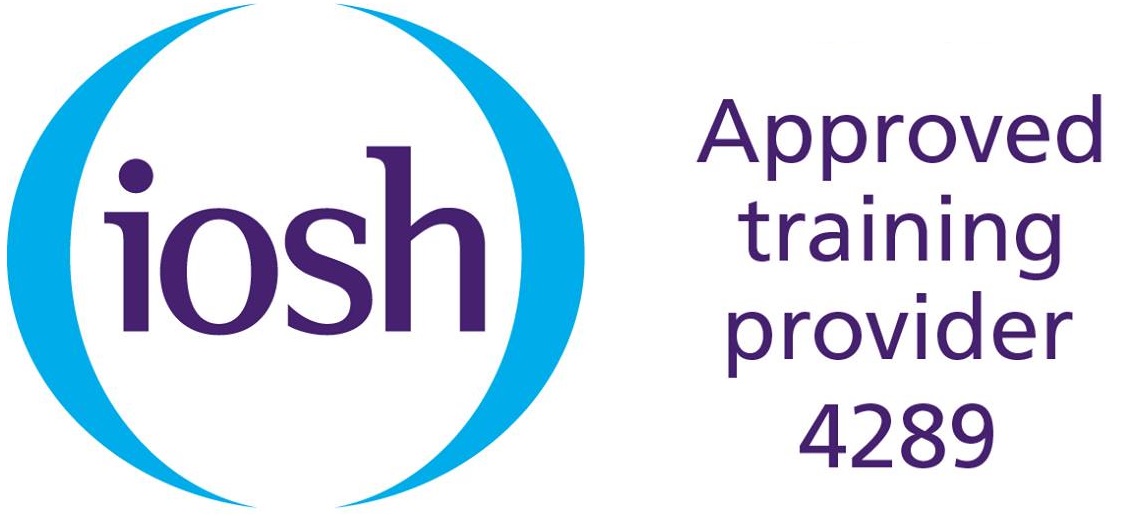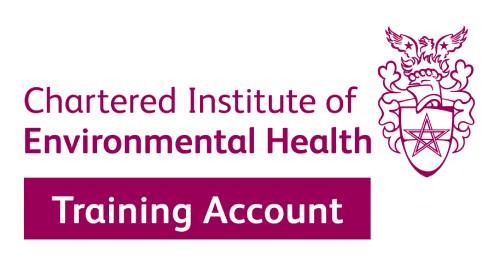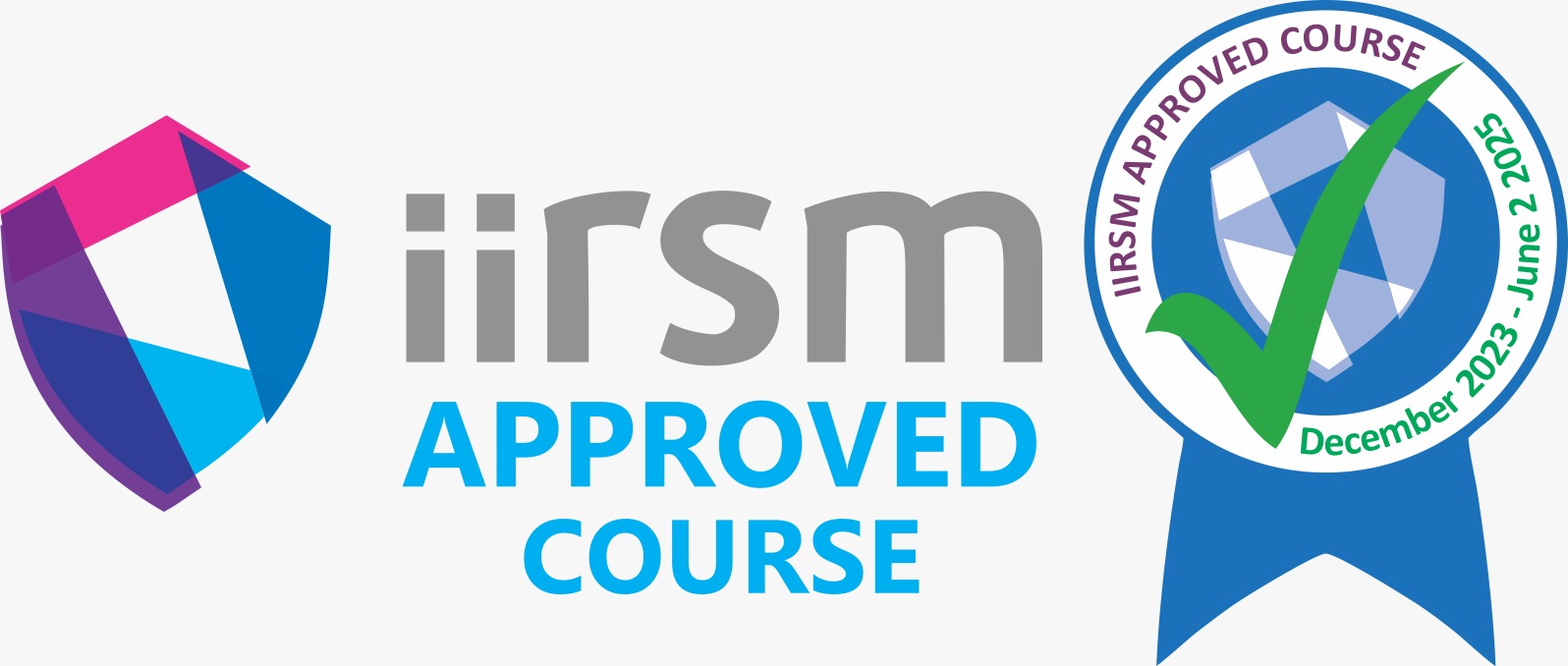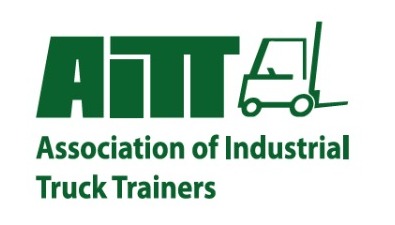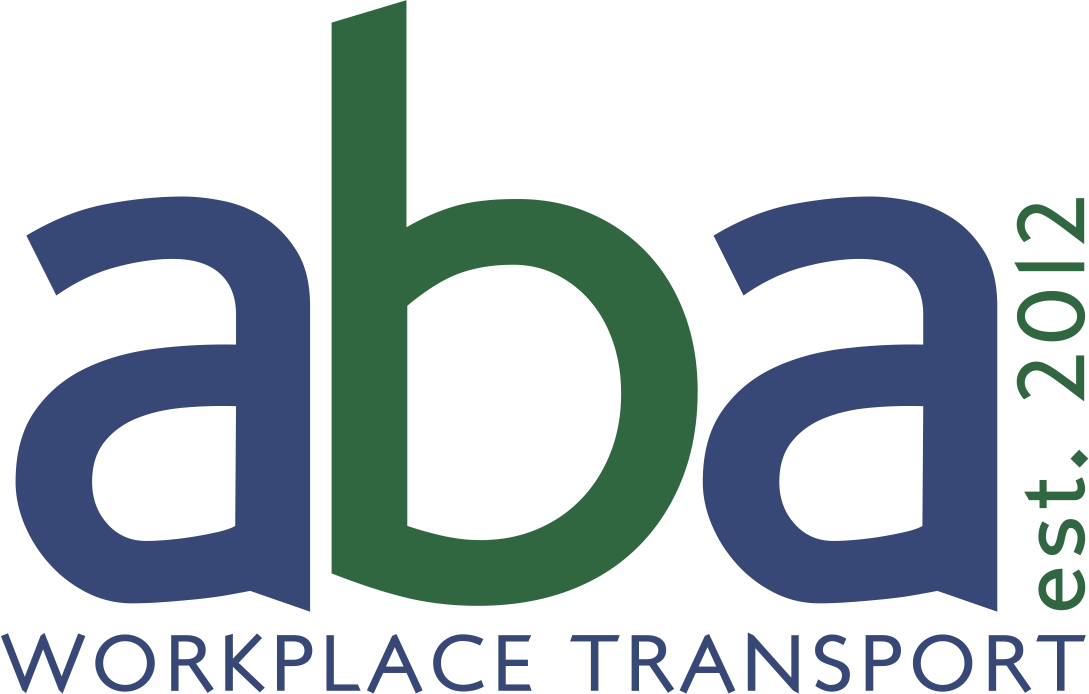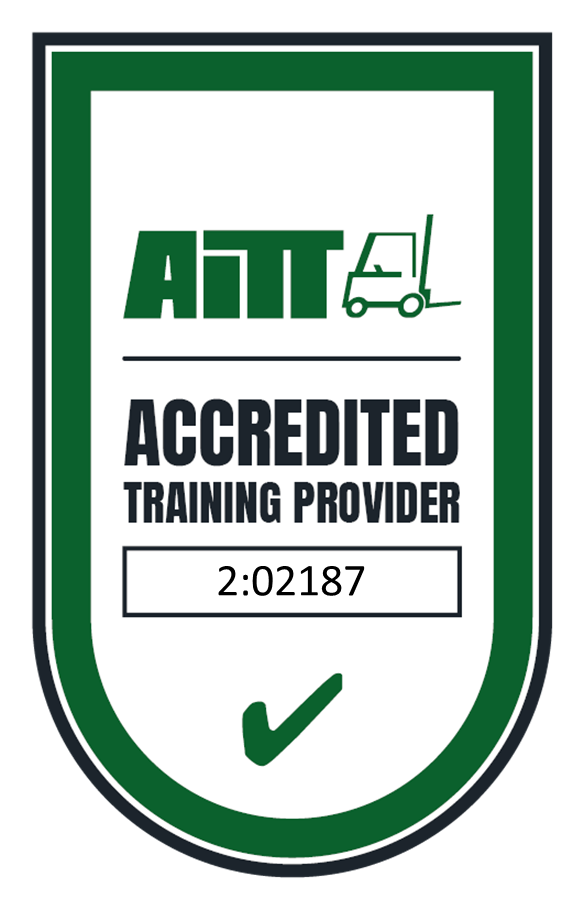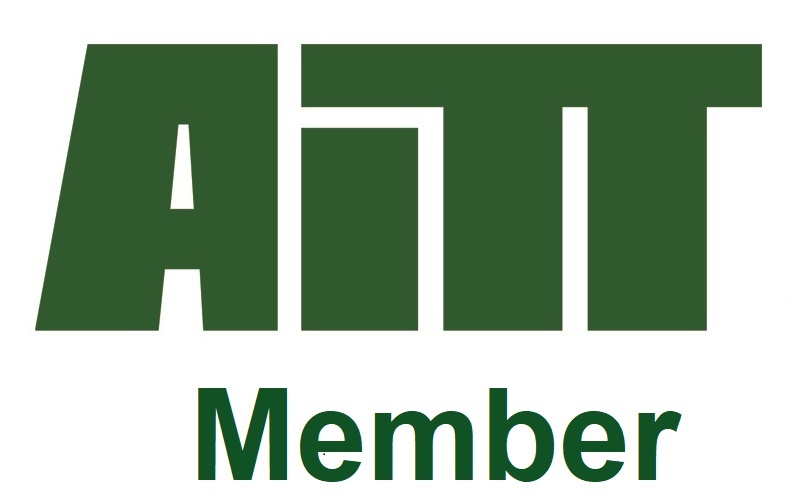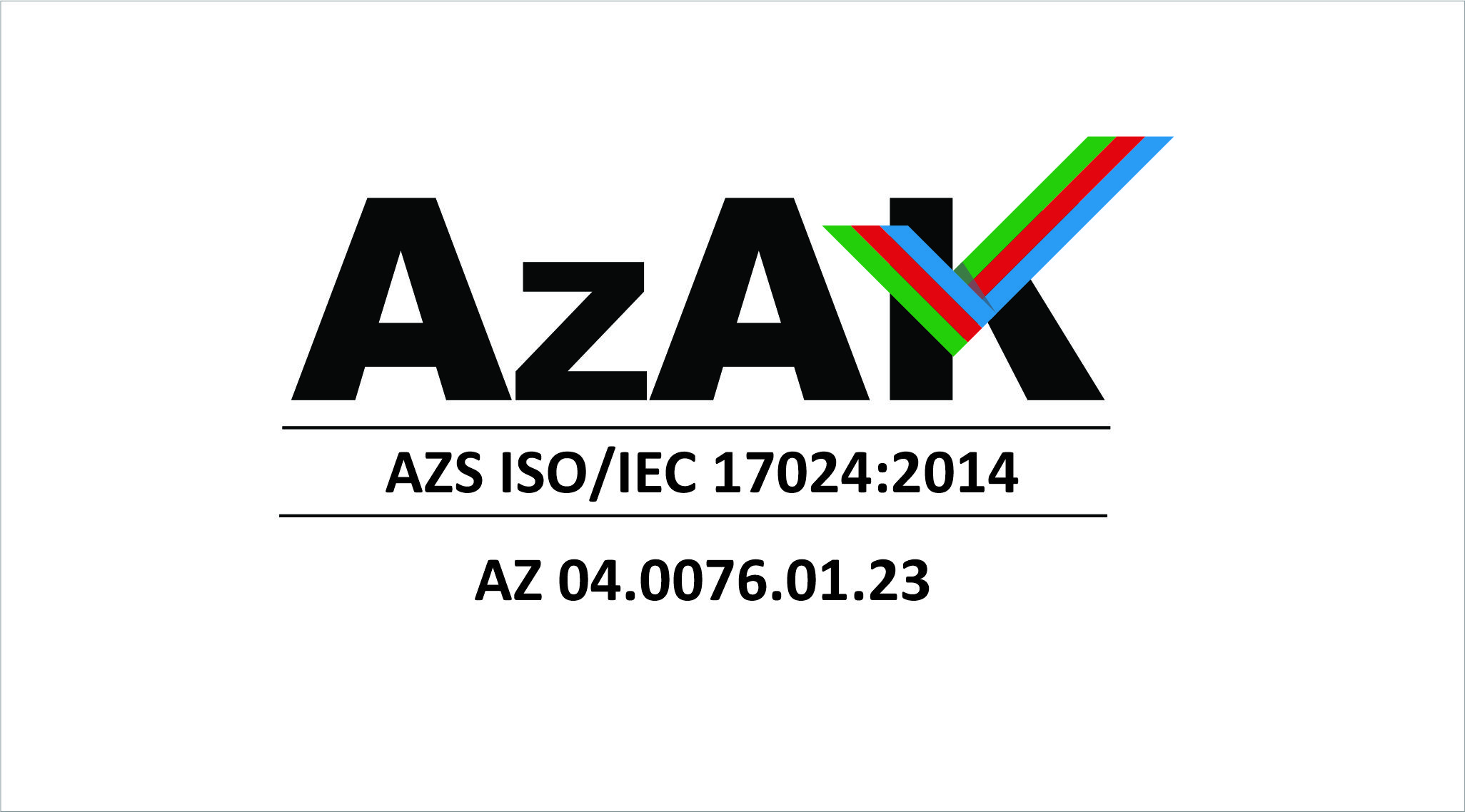- SAT Plaza Business Center. 133 Bashir Safaroghlu st, AZ1009, Baku Azerbaijan
- +994 55 687 80 35
Lithium Battery Shipping Regulations (LBSR)
As adoption of electric cars, e-bikes increase and lithium batteries become lighter and last longer, the number of products relying on lithium batteries will only continue to grow.
Though a practical and efficient way to store energy, lithium batteries, if not properly designed, tested and manufactured can fail and catch fire. In addition, the stored energy and flammable electrolyte in the battery means that they must be prepared properly for shipping to reduce the potential risk to the transport system.
To help address this, we’ve put together the LBSR; a manual with all the information manufacturers, retailers, wholesalers, freight forwarders and others in the supply chain need to ensure compliance when shipping lithium batteries.
What's inside the LBSR?
Making a mistake with marking, labelling or packaging products with lithium batteries can at best cause delays. At worst, the battery could fail or short circuit causing a fire. The LBSR covers all aspects of the shipping process from packaging requirements, labelling, marking and what to do if something goes wrong en route.
-
Applicability (definitions, shipper responsibilities, caution, training, dangerous good security)
-
Regulations (international legislation, dangerous goods carried by passengers, variations by state and operator, UN Manual of Tests and Criteria, subsection 38.3 )
-
Classification (UN Numbers, Class 9 substances, classification scenarios, testing)
-
Identification (list of dangerous goods, special provisions)
-
Packing (combination packaging, quantity limits, UN specifications, overpacks, instructions, examples)
-
UN specification packaging performance tests (test frequency, drop test, stacking test, reports, suppliers)
-
Marking and labelling (marks, specifications, shipper’s responsibilities, examples)
-
Documentation (declaration form instructions and examples, waybills,)
-
Acceptance (checklists, refusals)
-
Emergency response
























